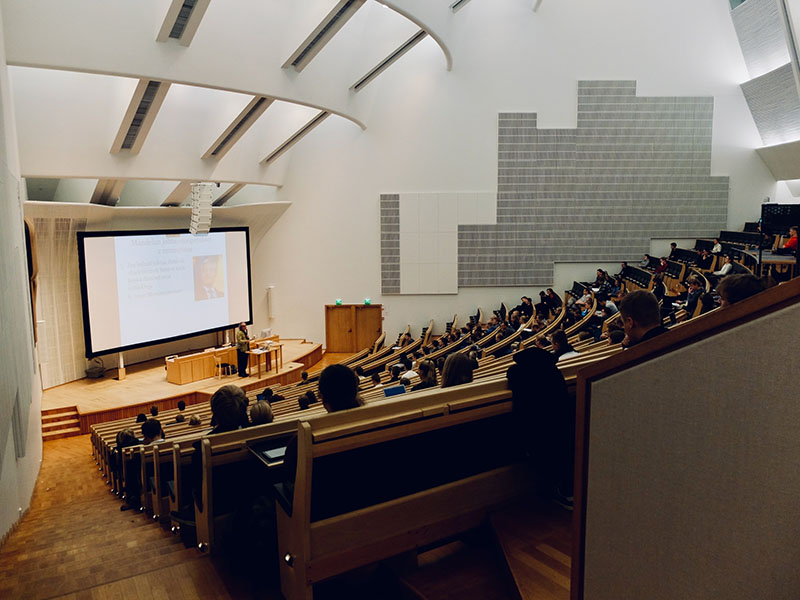The recent data on 2017 (Flash Eurobarometer 455) shows a growing demand for volunteering: about 31% of young people in Europe have been involved in organised volunteering activities in the last 12 months - a 6% points increase since December 2014. However, in 2017, the vast majority of volunteering activities was domestic, and only a small minority included international mobility, with 8% of the young respondents having volunteered abroad. Several measures, such as the EU Solidarity Corps programme, promote the cross-border solidarity activities. However, the available evidence collected from the representatives of the Member States, organisations and volunteers, as well as from relevant studies point to a number of challenges and obstacles that burdens cross-border solidarity and volunteering activities.
This study, through the detailed country-level analysis, would aim to identify these key obstacles for cross-border solidarity activities of young people. The study would then feed into the revision of the implementation of the 2008 Council Recommendation on the mobility of young volunteers. This Council Recommendation, adopted in 2008, affirmed the role of solidarity activities, including cross-border solidarity activities, in developing the professional and transferable skills, employability, as well as raising cultural awareness and citizenship among the young people in Europe. Most importantly, the Council Recommendation recognised that obstacles to the cross-border mobility of young volunteers across Europe still exist and proposed a number of specific recommendations for both the Member States and the European Commission to set a framework and facilitate the cross-border cooperation in voluntary/ solidarity activities. However, the latest assessment in 2017 concluded that the Recommendation is not ambitious enough, and it needs to propose more specific actions.
The methodology of the study would be based on a mix of recognised research methods and techniques (desk research, interviews, case studies, qualitative content analysis, survey, monitoring/administrative data analysis, scenario back-casting workshop, etc.). The consortium for this study includes our partner EPRD (Office for Economic Policy and Regional Development, Poland) and a few highly experienced external experts.






